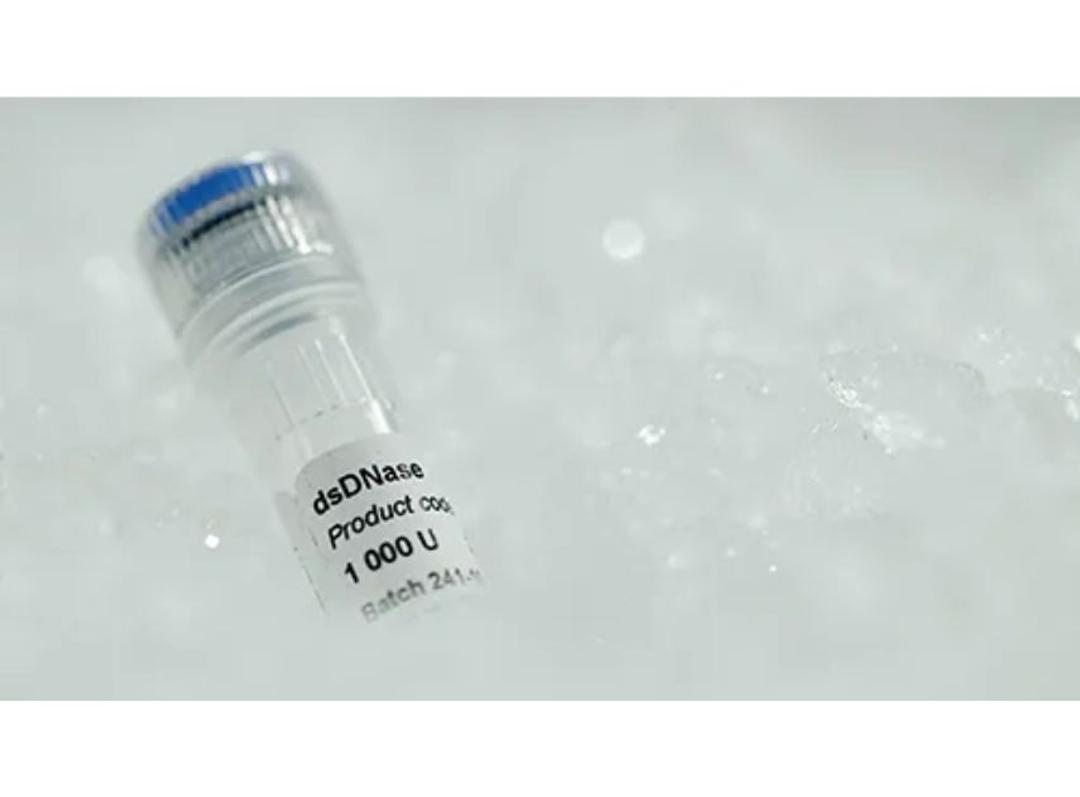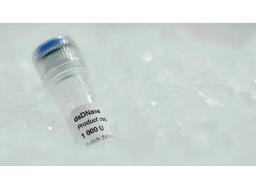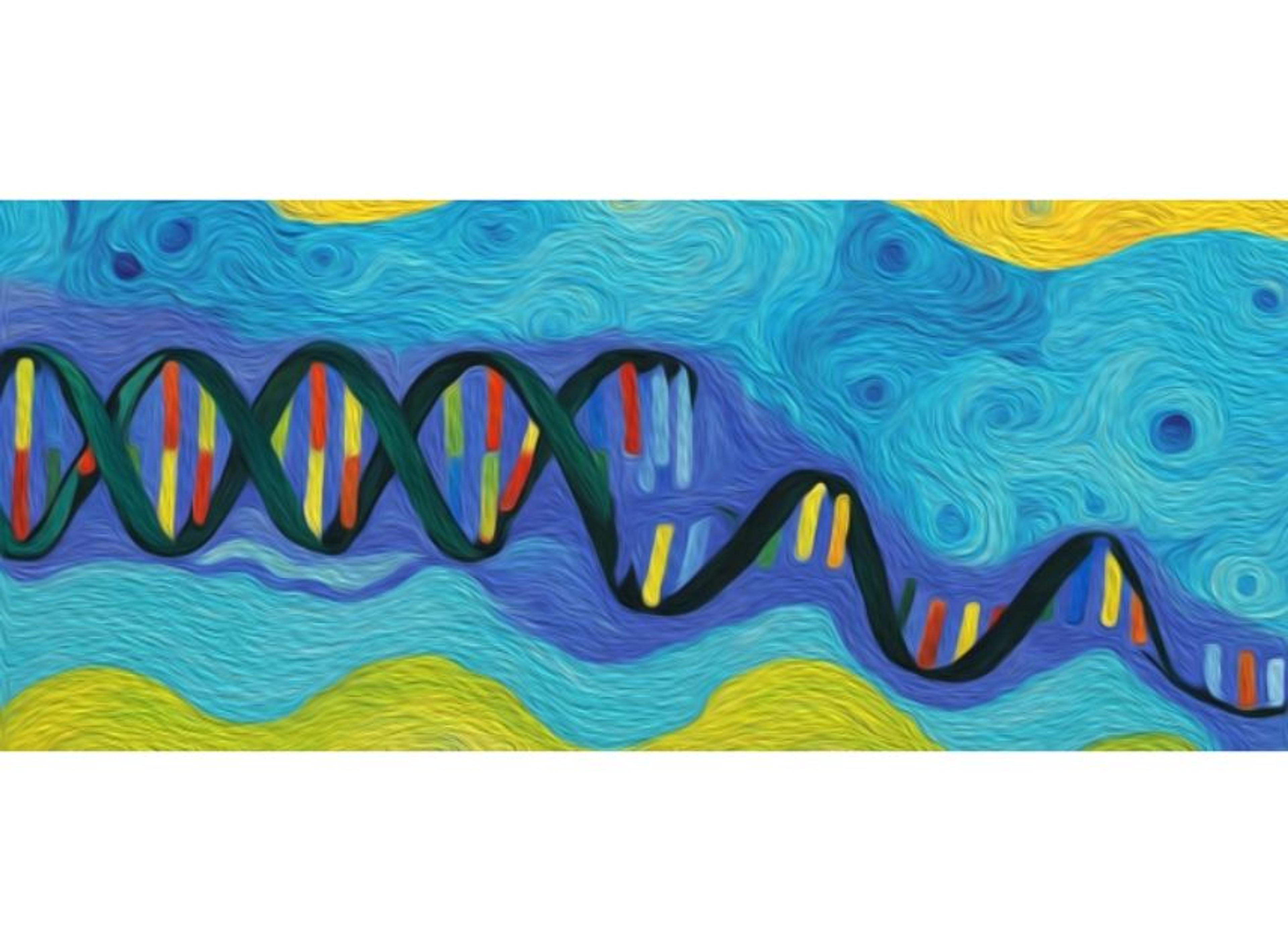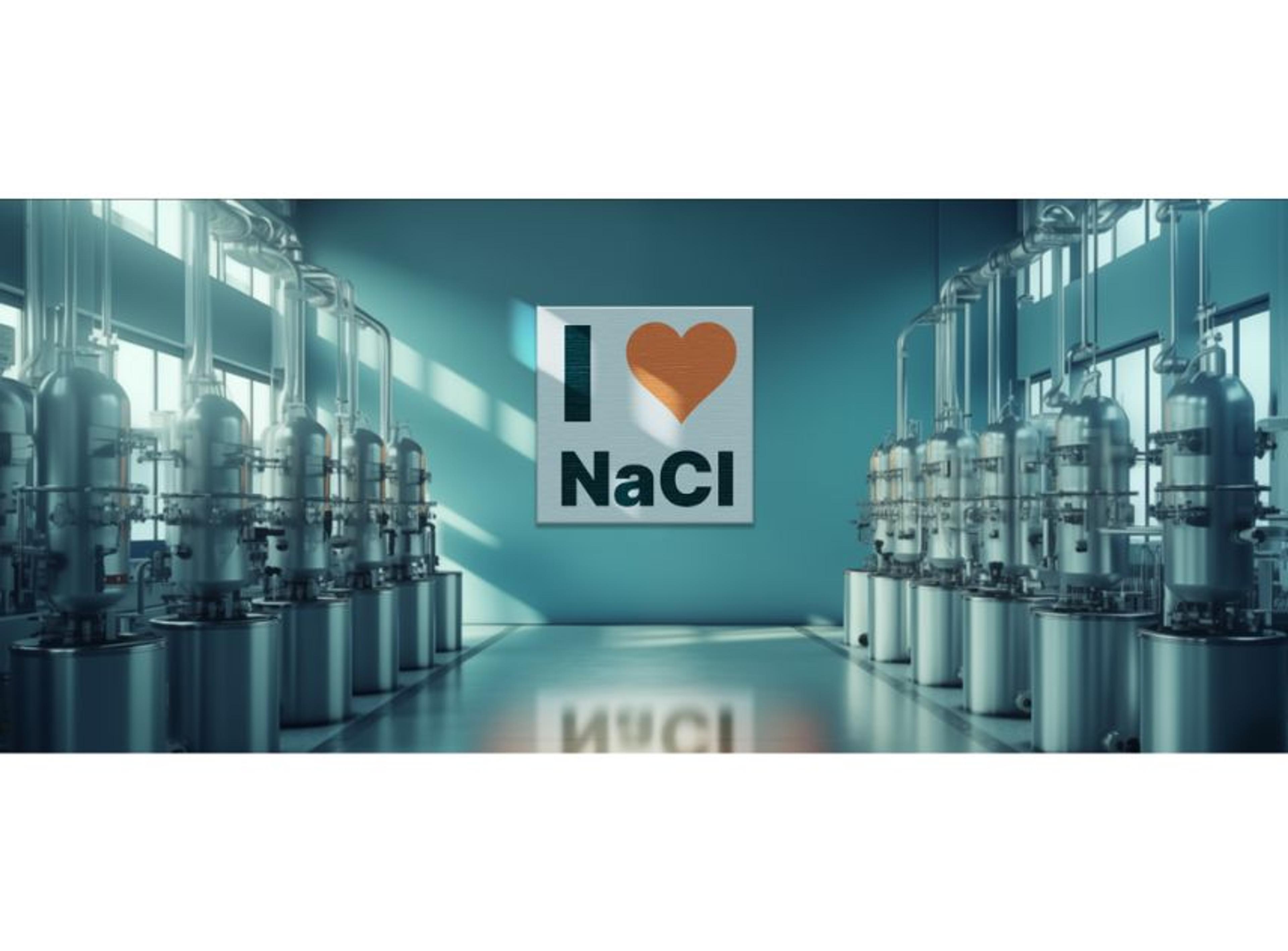Endonucleases DNA-specific
Double-Strand Specific dsDNase from ArcticZymes is ideal for removing contaminating DNA from PCR master mixes, preventing false positives in bacterial typing. Recombinantly produced in Pichia pastoris, it cleaves dsDNA with 5000-fold higher specificity than ssDNA. Easily inactivated by moderate heat (65°C), it allows for direct addition of DNA templates post-cleanup, ensuring accurate PCR results.
Double-Strand Specific dsDNase (dsDNase) is engineered for the rapid and effective removal of contaminating DNA from PCR master mixes, a common issue that can lead to false positives in PCR-based bacterial typing and detection. By specifically targeting double-stranded DNA (dsDNA), dsDNase ensures that only the unwanted DNA is degraded, leaving the essential single-stranded DNA (ssDNA) primers and probes intact. This makes it an indispensable tool for researchers requiring high accuracy in their PCR results.
Produced recombinantly in *Pichia pastoris* from Arctic shrimp (*Pandalus borealis*), dsDNase demonstrates superior activity, with a specific activity estimated to be 30 times higher than bovine DNase I. Its ability to cleave phosphodiester linkages in dsDNA results in oligonucleotides with 5’-phosphate and 3’-hydroxyl termini, ensuring thorough DNA degradation. The enzyme's high specificity allows for a 5000-fold greater activity towards dsDNA compared to ssDNA in the presence of magnesium ions, making it highly effective for contaminant removal without compromising the integrity of other DNA components in the reaction.
One of the standout features of dsDNase is its easy inactivation through moderate heat treatment at 65°C, which allows for the seamless addition of the DNA template immediately after contaminant removal. This feature, combined with its high specificity and activity, makes dsDNase a reliable choice for enhancing the accuracy and efficiency of PCR workflows, particularly in applications requiring stringent control of DNA contamination.
Recommended applications:
- Decontamination of PCR master mixes
- Removal of genomic DNA from RNA preparations
Key advantages with dsDNase:
- Double-strand DNA specific endonuclease
- High specific activity
- Can be heat-inactivated by moderate heat treatment (65°C for 15 minutes)
- Producing 5′-phospho-oligonucleotide products
- Available in Glycerol-free and Triton-Free












